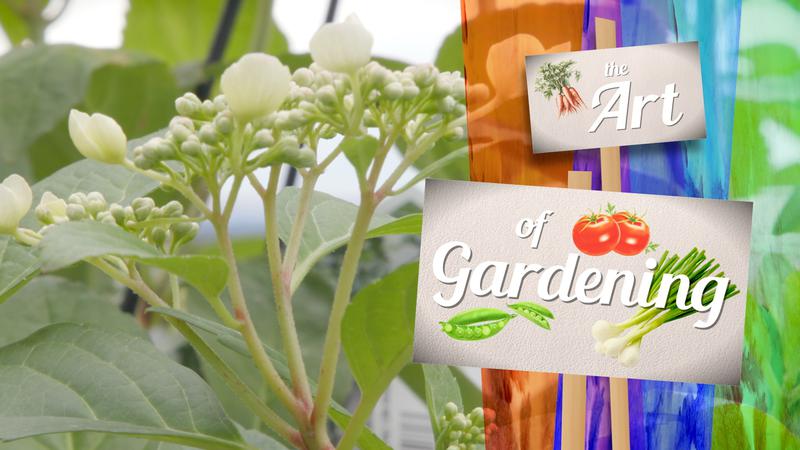
Hugh Laurie goes for bumpy political ride in PBS’ ‘Roadkill’
LOS ANGELES — On screen, Hugh Laurie has been by turns irascible (“House”), villainous (“The Night Manager”) and a comedic delight (“Jeeves & Wooster”). In a conversation about his latest project, PBS’ “Roadkill,” he proved equally versatile.
Laurie was thoughtful and charmingly wry and self-deprecating, including regarding expectations for the apple cider he attempted while housebound in London by the pandemic. “Revolting,” he predicts.
“Roadkill” (airing Sunday, check local listings for times) is a worthy showcase for the actor. In writer-producer David Hare’s four-part drama, Laurie plays Peter Laurence, a conservative British politician with an overactive lust for life.
The latter gets him in a world of trouble, as does his unorthodox approach to policy that alarms his party. Hare has said the drama was partly inspired by what he called the “shamelessness” of the 21st century, with politicians among the notable offenders.


